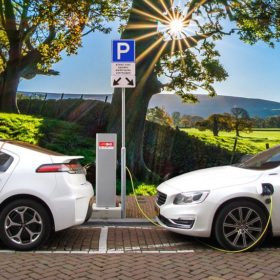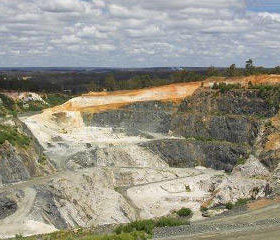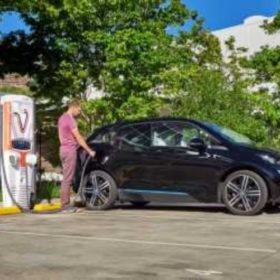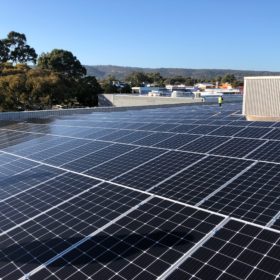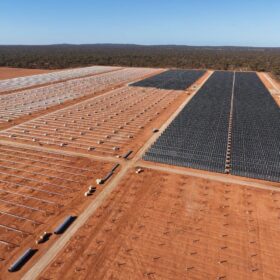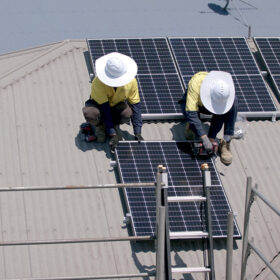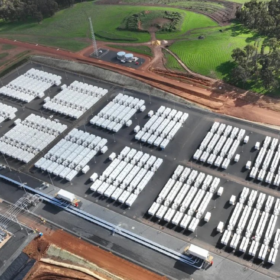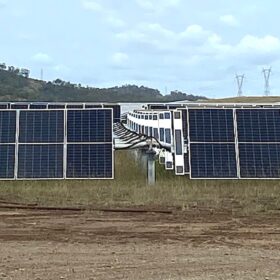Council takes EV, rooftop PV, renewables PPA initiatives towards carbon neutrality
Victoria’s Hobson Bay City Council has announced a range of initiatives to move towards its carbon neutrality goals, including a renewable energy power purchase agreement, deployment of EV infrastructure and rooftop solar.
Safety is paramount
When Sony first commercially introduced lithium-ion batteries in 1991, the industry recognized their potential to revolutionize portable electronics. Ever since, there have been countless efforts to improve the technology, with many researchers focusing on energy density and longevity, in line with demand from emerging applications such as electric vehicles (EVs) and on-grid energy storage. Julian Jansen and Youmin Rong of IHS Markit discuss the effect of safety concerns on this rapidly growing global market.
As EVs build momentum, why is electric aviation still grounded?
Why is electric aviation still up in the air? Or rather, why isn’t it up in the air? We have Teslas on our roads, Melbourne’s trams are powered by solar, and trains are connected to the grid already, but why is electric aviation lagging behind?
ACT to phase out natural gas, pursue electrification of transport
After it had contracted enough generation to future-proof its 100% renewables target, the Australian Capital Territory has unveiled the next phase of its strategy towards zero net emissions with several nation-first policies.
The energy transition is easily affordable but all hope of 1.5C warming will vanish in 2028
Technical consultancy DNV GL has published its Energy Transition Outlook 2019. While the electric vehicle, storage and renewable energy industries are likely to see significant rises in demand, the sobering conclusion is the world will miss carbon reduction targets by a long shot.
Potential $92 billion boost to Aussie economy from EV and personalised transport uptake
A study by LEK Consulting puts the future economic value of “new mobility” options such as electric vehicles and autonomous taxis in the tens of billions of dollars. The benefits go beyond decarbonisation into social and healthcare realms — compelling reasons to accelerate change.
SolarEdge posts strong revenue increase, slight drop in net profit
The Israeli inverter manufacturer saw its net profit decline 4% year-on-year to $33.1 million in the second quarter, despite shipping 1.3 GW and seeing a 43% increase in turnover. Gross margins were affected by the increase in U.S. tariffs on China made products.
Lithium oversupply hurts Australian miners
With miners around globe stepping up their production capacities to cater to the demand of the electro-mobility and energy storage sectors, supply has outpaced demand leading to a steep decline in lithium prices. Amid slowing growth in China, a number of Australian lithium miners are hurting.
Tritium chargers will let UK EV drivers “fill up” faster to go further …
The UK is leaping ahead in its deployment of electric-vehicle charge infrastructure. Box Energi has chosen Australia’s Tritium Veefil-RT technology to double refill sites around the UK, boosting not only charge accessibility and driving range, but confidence in emissions-free commuting and touring.
Adelaide announces incentives for shared solar, V2G, demand response
The City of Adelaide is going big on technology for low-carbon living. It has announced a new round of incentives for solar, bidirectional EV charging infrastructure, energy storage and controlled load under its Sustainability Incentives Scheme.
